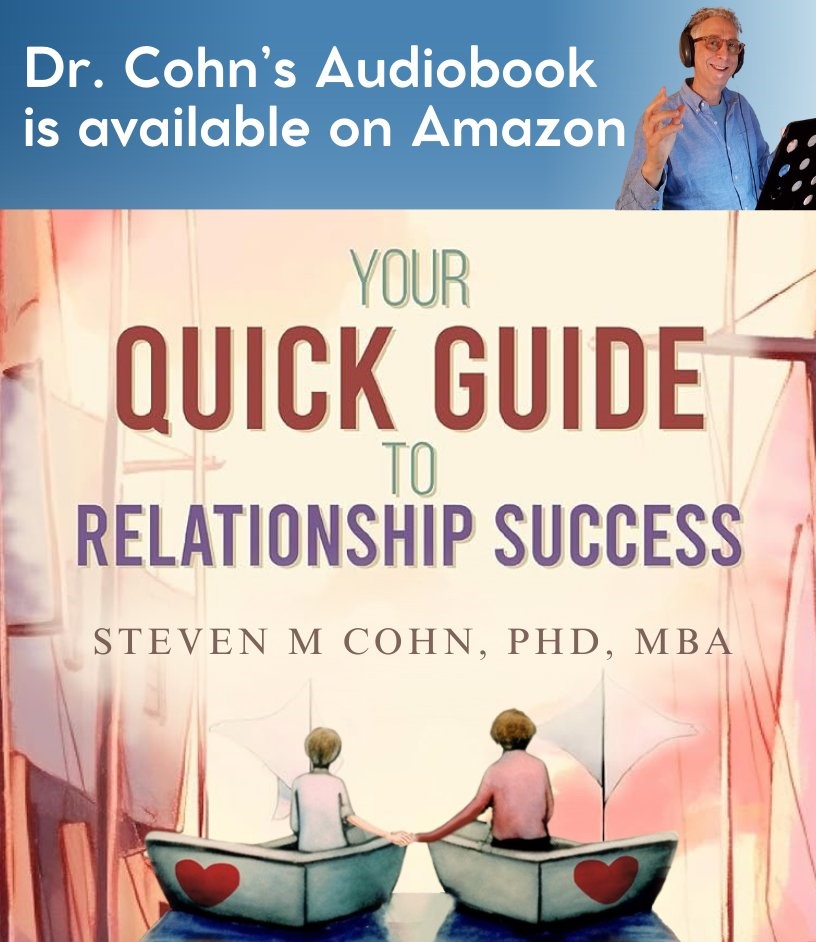- Home
- Virtual Couples Therapy
- what is virtual therapy
What Is
Virtual Therapy: A Revolutionary Approach to Mental Health
Introduction
When people are searching for couples counseling online, many of them might initially ask, what is virtual therapy? In recent years, virtual therapy has emerged as a groundbreaking solution to address mental health challenges. As technology continues to advance and evolve, so does the field of therapy. Gone are the days when traditional face-to-face sessions were the only option. With virtual therapy, individuals can now access professional mental health support from the comfort of their own homes (you can live in Bend, Oregon for example and work with a couple’s counselor in Portland, Oregon), making therapy more accessible, convenient, and inclusive. In this article, we will explore the concept of virtual therapy and shed light on its benefits, modalities, and the impact it has on mental well-being; and answer the question: what is virtual therapy.

What is
Virtual Therapy?
Virtual therapy for marriage or relationship counseling, also known as online therapy or teletherapy, is a form of counseling or psychotherapy that takes place via video conferencing platforms, phone calls, instant messaging, or other virtual communication tools. It allows individuals and couples to connect with licensed mental health professionals remotely, eliminating geographical barriers and providing greater flexibility in scheduling sessions. This innovative approach to therapy has gained popularity due to its convenience, affordability, and effectiveness.
The
Advantages of Virtual Therapy
1. Accessibility: Virtual therapy breaks down the barriers that prevent individuals from seeking help. People residing in rural or remote areas, those with limited mobility, or those who face transportation challenges can now access therapy without the need for physical travel.
2. Convenience: Traditional therapy often involves navigating busy schedules, commuting, and waiting rooms. Virtual therapy allows individuals to schedule sessions at times that suit them best, eliminating the need to travel and reducing time constraints.
3. Anonymity and Privacy: Some individuals may find it easier to open up about sensitive topics when they are in the comfort of their own homes. Virtual therapy offers a sense of anonymity, ensuring privacy and encouraging open communication.
4. Expanded Options: Virtual couples counseling opens up a wider range of choices when it comes to selecting a therapist. Individuals are no longer limited to professionals in their immediate vicinity and can connect with specialists who may better meet their specific needs and preferences.
5. Cost-Effective: Virtual therapy sessions can save you money. You won’t have to pay for babysitters, gasoline, or parking.
Modalities
of Virtual Therapy
1. Video Conferencing: This is the most common form of virtual therapy, where individuals and therapists connect via secure video platforms. These sessions closely mimic the in-person experience, allowing for face-to-face interaction and non-verbal cues.
2. Phone Sessions: Phone-based therapy offers individuals the flexibility to have therapy sessions without relying on an internet connection or video capabilities. It is particularly useful for those in areas with limited internet access or for individuals who prefer voice-only conversations.
3. Messaging or Text-Based Therapy: Some platforms offer the option to communicate with therapists through messaging or text-based systems. This modality allows for ongoing support and can be especially beneficial for individuals who struggle with verbal communication or prefer written expression.
4. Mobile Applications: Numerous mental health apps are available that offer various therapeutic tools, including guided meditations, cognitive behavioral exercises, and virtual sessions with licensed therapists.
Getting
Started with Virtual Therapy:
1. Research and Find a Reputable Platform: Take the time to explore different virtual therapy platforms and find one that suits your needs. Look for platforms that prioritize user security and confidentiality while offering a diverse range of licensed therapists.
2. Choose the Right Therapist: Just like traditional therapy, it's important to find a therapist who aligns with your specific needs and goals. Read therapist profiles, check their qualifications, and consider any specialized expertise they offer. For couples counseling, remember that not every therapist who advertises that they “work with couples” has had couple’s counseling training and/or works exclusively with couples. Look for a Relationship Specialist who only sees couples and does not meet with individuals.
3. Ensure a Stable Internet Connection: Before scheduling your virtual therapy session, make sure you have a reliable internet connection and a suitable device (such as a computer, tablet, or smartphone) that supports the platform you choose.
4. Prepare for Your Session: Treat virtual therapy sessions as you would in-person sessions. Find a quiet and comfortable space where you can talk freely without distractions. Have any materials you might need, such as a journal or a pen, nearby to aid in self-reflection.
5. Keep an Open Mind: Virtual therapy may feel different at first, but keeping an open mind and embracing the process will help you make the most of your sessions. Be honest with your therapist, share your concerns, and actively engage in the therapeutic process. The research shows that virtual therapy is as effective as in-office therapy without any of the inconvenience.
Conclusion
This article answered the question: what is virtual therapy. Virtual therapy represents a revolutionary shift in the field of mental health, offering a convenient and effective way to access professional support. With its many advantages, such as increased accessibility, affordability, and privacy, virtual therapy has transformed the traditional therapy landscape. However, it is important to note that virtual therapy may not be suitable for everyone, and certain conditions may require in-person care. Consulting with a mental health professional can help determine the best course of action for individual needs. Nonetheless, the rise of virtual therapy serves as a testament to the power of technology in making mental health support more inclusive and available to those in need.
Share
Follow

Steven M Cohn, PhD is honored to have been featured on CNBC.com.

Steven M Cohn, PhD is pleased to have been featured on Koin 6 Television: "Boost In The Bedroom."

Steven M Cohn, PhD is pleased to have been featured on both KATU.com and KATU Channel 2 Television.

Steven M Cohn, PhD is pleased to have been featured on Oregon Live "Why Oregon's Latest Divorce Statistics May Be Divorced From Reality"

Steven M Cohn, PhD, MBA, LMFT has been named one of the top three marriage counselors in Portland, Oregon three years in a row by the non-profit organization Three Best Rated




